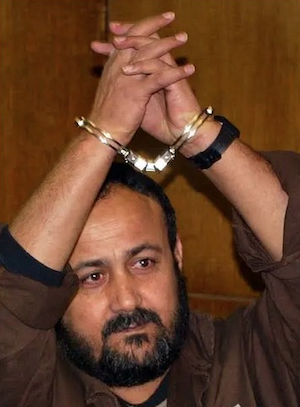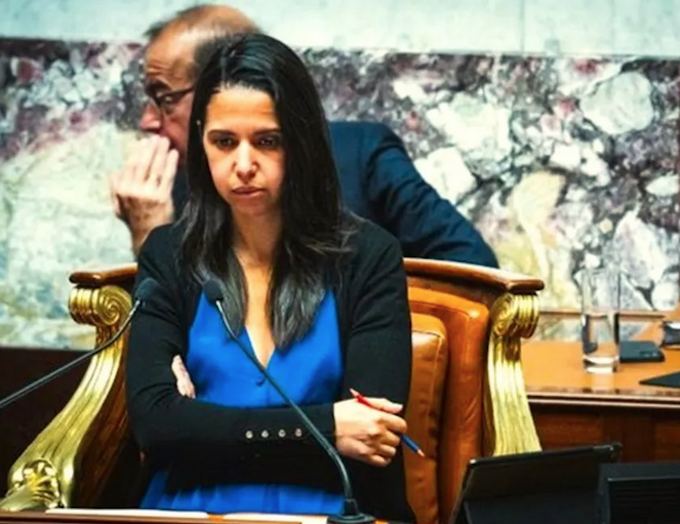The Undercover Policing Inquiry (UCPI) has faced a barrage of criticism this week from those spied upon by police and security services. The UCPI is tasked with uncovering the truth about how a Met Police unit infiltrated and undermined peaceful campaigns on issues such as racial justice and animal rights. Solicitors for Blacklist Support Group (BSG) leader Dave Smith has hammered the investigation for not permitting the persecuted former construction worker to provide oral evidence. The BSG has also accused the UCPI, chaired by John Mitting, of failing to sufficiently broaden the scope of the inquiry to examine how spycops evidence was used by the likes of MI5, and how it may still be in use today to ‘vet’ job applicants at the likes of the BBC.
One particularly egregious shortcoming, however, is its continued policy of allowing the very cops at the centre of the scandal to escape scrutiny. A key figure still permitted to skulk in the shadows is HN86, the former Met Special Demonstration Squad (SDS) manager described by spycop turned whistleblower Peter Francis as “overtly racist”. Francis was tasked by HN86 with gathering information on the campaign for justice undertaken by the Lawrence family. It was headed by Doreen and Neville Lawrence, whose son Stephen was murdered on 22 April 1993 by a gang of racist white thugs. A statement produced by solicitors for Neville Lawrence said the killing “remains a stain on the national conscience”.
Racist senior police officer said about Lawrence campaign: “the monkeys were being organised”
Francis was one of four cops to spy on the Lawrences, though he is the only one to be definitively identified by his real name. Intelligence gathering on the Stephen Lawrence campaign was described by Francis as the “SDS’ number one priority”. He said he was instructed by HN86 to:
…report anything I could find out about the Lawrence family and/or the campaign that could fundamentally alter the perception of the public about the campaign.
HN86 also:
…made reference to ‘stopping’, ‘undermining’, ‘combatting’ and ‘smearing’ the campaign.
The still anonymous bigot was concerned about the progress of the Lawrences in seeking justice, declaring that “the monkeys were being organised”.
The former SDS leader has been able to remain concealed thanks to a 2018 restriction order placed on both his cover name and real name by Mitting, on the basis that it would enable HN86 to participate as fully as possible while “mitigating personal harm”. The inquiry chair explained that he viewed it as more important to receive his evidence – given he was a manager – than to reveal his identity.
However, the racist boss is still refusing to provide oral evidence even with the cloak of secrecy flung around him. Mitting has moved to compel him to appear, but solicitors for HN86 have launched a Judicial Review to block the inquiry’s demand, arguing that it has no powers to force an individual living overseas to appear. HN86’s current country of residence is unknown.
Spycop traumatised by his own crimes dodges giving evidence
Another formerly uniformed abomination who continues to dodge the harsh glare of public scrutiny is HN81, known to have used the codename ‘David Hagan’ while intruding on grieving parents. The statement from Neville Lawrence says he is:
…deeply disappointed that HN81 (“David Hagan”) has been excused from giving evidence in person. As we identify below, HN81 was one of the most significant officers reporting on the Lawrence family and their supporters, and his evidence goes to the heart of the issues of race discrimination this Inquiry must confront.
He is thought to have supplied evidence on the separation of Doreen and Neville in the aftermath of their son’s murder. Doreen Lawrence’s statement on this cuts to the heart of much of what the inquiry is supposed to be about, pointing out this focus on “intimate facts about a bereaved couple” says:
…something clear about institutional priorities: at the very moment when confidence required a relentless focus on racist violence, the state was gathering and rating personal information about the victim’s family.
Hagan attempted to justify this obscene intrusion by saying the anti-racist campaign group he infiltrated – Movement for Justice (MFJ), which was supporting the Lawrences – might “exploit” news of the separation to disrupt public order. This was a common justification for much of the illegitimate spying done by the SDS – the notion that entirely peaceful political campaigns were perennially on the verge of triggering some form of insurrection.
Police claim they were saving Lawrences from ‘white saviours’
Another absurd justification that officers have put to Doreen Lawrence is that the surveilling:
…was done to ‘protect’ her and her family from left wing or anarchist groups displaying a form of racism known as the ‘white saviour complex’.
As her solicitors point out, among other issues with this reasoning, this explanation “strips Baroness Lawrence of her autonomy and intellectual capacity” and:
Undermines the legitimacy of the justice campaign by associating it with perceived extremist or politically motivated elements, rather than acknowledging its foundation in genuine grief and a demand for racial justice.
‘Hagan’ is also known to have participated in brawling that took place on the day that the five men were accused of murdering Stephen Lawrence. He had involved himself in the disorder, which the police ultimately quelled with CS gas, to avoid having his cover blown. The former SDS man has been permitted to recuse himself from proceedings on medical grounds, having been diagnosed with “post traumatic stress disorder in 2001”, now characterised as “complex post traumatic stress disorder”, according to a letter provided to the inquiry by a Doctor Tehrani. The medical opinion asserted Hagan’s:
…condition is such that the giving of oral evidence would risk a significant impact upon his behaviour and well-being when doing so.
Tom Fowler, host of Spycops Info podcast, described Dwayne Brooks as “furious” at the continued non-appearance of Hagan/HN81. Brooks was a close friend of Stephen Lawrence, and was with him at the time of his killing. It’s fair to say Fowler also isn’t the biggest fan of inquiry chair Mitting.
Officers were mere foot-soldiers for an establishment out to crush the left
These persecutors of the Lawrences are just two of the cops at the centre of the inquiry’s current phase who will evade the spotlight. HN26 (cover name ‘Christine Green’) infiltrated animal rights groups from the mid 90s until early 2000s, before being exposed in 2017. She will not be called to give oral evidence. Likewise HN123, another to be excluded on mental health grounds.
More serious than this, however, is the prospect that senior politicians potentially involved in the scandal will not have their misdeeds accounted for. The solicitors for Doreen Lawrence raise the:
…reporting of ‘great sensitivity around the Lawrence issue with both the Home Secretary and the Prime Minister extremely concerned that the Metropolitan Police could end up with its credibility …..completely undermined’.
They ask:
Who was this Home Secretary and Prime Minister? Baroness Lawerence is deeply concerned that little, to no attention, is being paid by this Inquiry to those who were ultimately accountable for the conduct at the heart of this Inquiry.
The statement calls out the “cowardly fashion” in which officers hide from their crimes, but ultimately they are mere foot soldiers for an entire establishment that sought to use police and security services to undermine the left more broadly. Until an inquiry tackles this and meaningfully holds to account those who truly wield the levers of power, there will likely be more cruel invasions into the private lives of those who campaign for a fairer world.
Featured Image by Tolu Akinyemi on Unsplash
This post was originally published on Canary.
 OMG…the President of the United States just posted himself piloting a fighter jet with “KING TRUMP” on the side and dumping mud all over Harry Sisson and No Kings protestors
OMG…the President of the United States just posted himself piloting a fighter jet with “KING TRUMP” on the side and dumping mud all over Harry Sisson and No Kings protestors
 (@oliviazao)
(@oliviazao) 









 (@hcwsagainstcensorship)
(@hcwsagainstcensorship)